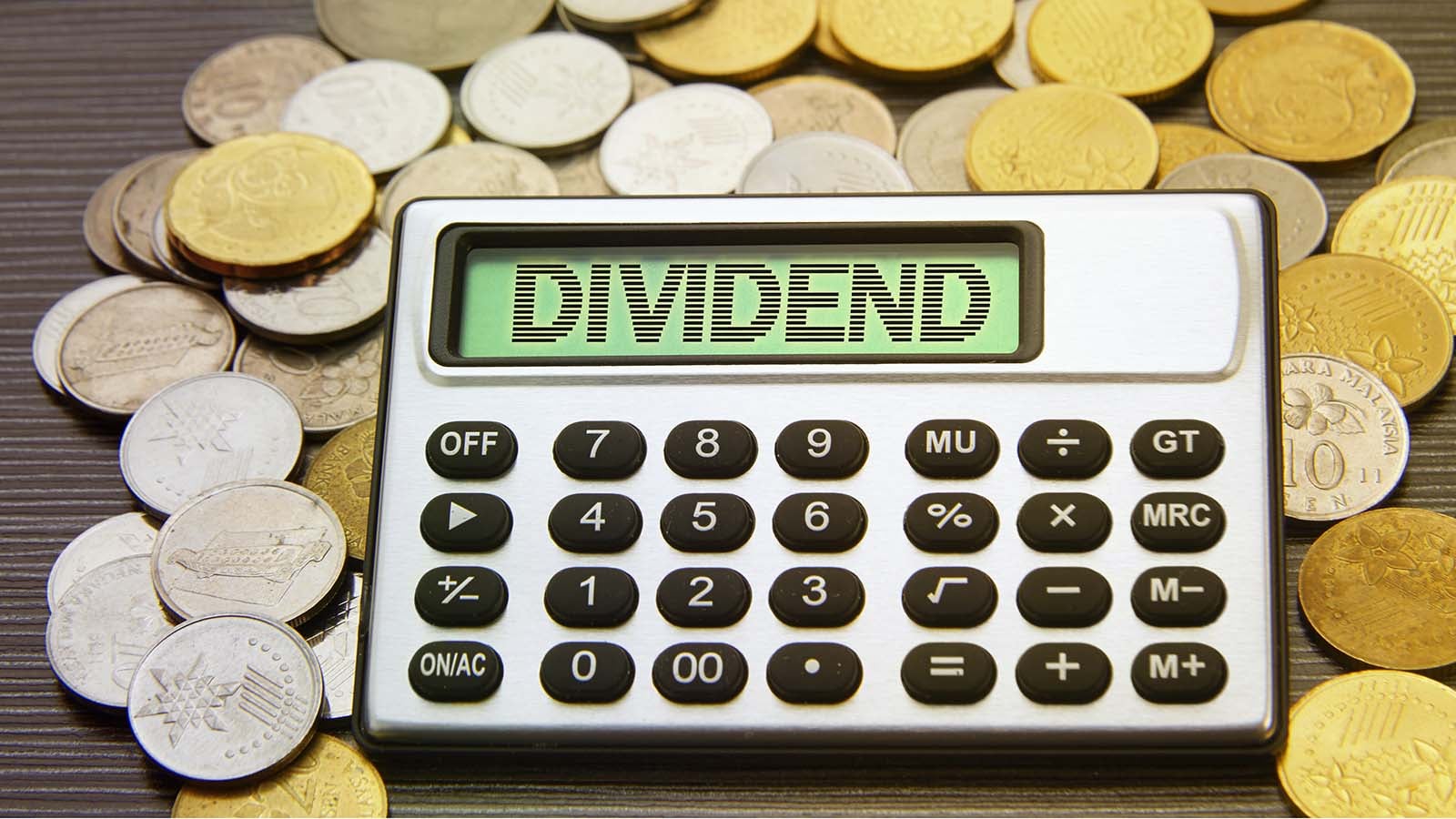Income investors are always searching for high yields, which are hard to find with today’s historically low interest rates and record-high stock prices. But investors should not sacrifice dividend safety in favor of higher yields. This is why high-quality dividend stocks like the Dividend Aristocrats are so valuable.
The Dividend Aristocrats are a select group of 65 stocks in the S&P 500 Index that have each raised their dividends for at least 25 consecutive years. We consider these to be some of the best dividend stocks in the entire market — and high-yield Dividend Aristocrats can bring an even stronger income.
These three dividend stocks from the list have yields above 4% and can raise their dividends each year due to their strong business models:
Dividend Stocks: Chevron Corporation (CVX)

Chevron is an integrated oil and gas company with a large upstream exploration and production business. It also has a downstream refining and marketing business. CVX stock has a market capitalization of nearly $200 billion.
The oil and gas industry is notorious for its “boom-and-bust” cycle. There is good reason for this — the profits of oil and gas companies can swing wildly depending on the underlying commodity price. This has been a huge negative for energy investors in the past few years. For example, the price of oil collapsed in 2020 due to the Covid-19 pandemic, and CVX stock fell rapidly in response.
However, fortunes are beginning to change in the energy industry. West Texas Intermediate (WTI) crude prices recently touched $75 per barrel, a level not seen in years. If oil prices continue to rise, the fundamental performance of oil majors like Chevron will vastly improve.
Indeed, Chevron has already notched significantly higher profits this year as the global economy has recovered from the pandemic. It posted adjusted earnings of $1.7 billion in the first quarter of 2021. That’s a significant increase from an adjusted loss of $11 million in Q4 2020.
As oil and gas prices recover, the company’s bottom line will follow suit. Earnings will also be improved by Chevron’s capital discipline — Q1 capital spending declined 43% from the same quarter last year. The company can continue raising its dividends each year as its financials improve.
Chevron has increased its dividend for more than 30 consecutive years. That’s a remarkable track record given the high level of volatility in its business model. The company increased its dividend by 4% in April and shares currently yield 5.3%.
AbbVie Inc. (ABBV)

AbbVie is a pharmaceutical giant that spun off from its former parent company Abbott Laboratories (NYSE:ABT) in 2013. The company split off to grow independently with its own dedicated leadership team and financial resources. Management believed two separate entities could unlock greater shareholder value than a single company.
Since then, the management team has been proven right. Between 2013 and 2020, AbbVie generated a 13.5% compound annual growth rate (CAGR) in revenue and a CAGR of more than 18% in annual adjusted EPS.
Humira, a multi-purpose medication, played a big role in AbbVie’s growth. It was the highest-selling drug in the U.S. in 2019. However, Humira’s patent expired in Europe, which has led to deep discounts to maintain market share. Making matters worse, AbbVie will lose exclusivity to Humira in the U.S. in 2023.
A steep patent cliff is one of the biggest risks a pharmaceutical company can face. Fortunately, AbbVie has prepared for this by investing heavily in new products, both organically and through mergers and acquisitions. For example, AbbVie has seen strong growth from Skyrizi, which grew sales by 89% last quarter. Meanwhile, Rinvoq revenue more than doubled year-over-year (YOY).
AbbVie also completed the $63 billion acquisition of Allergan to accelerate its future growth. Allergan’s flagship product is Botox, which gives AbbVie’s portfolio exposure to the global aesthetics market. This segment of their products generated $1.1 billion in Q1 revenue, up 35% YOY.
While AbbVie expects its full-year revenue to decline in 2023, the company anticipates a quick bounce back to revenue growth in 2024 and beyond. Looking further out, AbbVie expects a return to a high-single digit CAGR in 2025 and believes it will continue at that pace through the rest of the decade.
In the meantime, AbbVie rewards shareholders with a 4.4% dividend yield and solid dividend growth, including a 10% raise in October 2020.
Dividend Stocks: Realty Income (O)

Lastly, Realty Income is a real estate investment trust (REIT) operating in the retail industry. The Covid-19 pandemic has been difficult for retailers with physical properties, and many stores across the country were forced to close. But even before the pandemic, brick-and-mortar retailers were struggling with the intensifying threat of online retail competition.
But despite these setbacks, Realty Income continues to generate steady growth and reward shareholders with rising dividends. The company’s consistency can be attributed to its operational excellence and management expertise.
Realty Income owns more than 6,600 properties in the U.S., the U.K. and Puerto Rico. It has a diverse array of tenants including grocery stores, convenience stores, drug stores and dollar stores. For the most part, Realty Income’s properties sell necessities, making them somewhat resistant to e-commerce competition.
Realty Income’s top tenants include Walgreens (MASDAQ:WBA), 7-Eleven, Dollar General (NYSE:DG) and FedEx (NYSE:FDX). A strong property portfolio has led to steady growth over the years. According to the company, Realty Income has generated compound annual shareholder returns above 15% per year since it went public in 1994.
Income investors have been rewarded as well. The company has increased its dividend by more than 4% per year since its initial public offering (IPO). Realty Income has delivered 110 dividend increases since the company went public. Even better, it pays its dividend each month, which provides investors with more frequent payouts. Currently, O stock provides a 4.1% dividend yield.
On the date of publication, Bob Ciura held a long position in ABBV. The opinions expressed in this article are those of the writer, subject to the InvestorPlace.com Publishing Guidelines.
Bob Ciura has worked at Sure Dividend since 2016. He oversees all content for Sure Dividend and its partner sites. Prior to joining Sure Dividend, Bob was an independent equity analyst. His articles have been published on major financial websites such as The Motley Fool, Seeking Alpha, Business Insider and more. Bob received a bachelor’s degree in Finance from DePaul University and an MBA with a concentration in investments from the University of Notre Dame.
